There is a history of campaign reform however, it has yet to be enough.
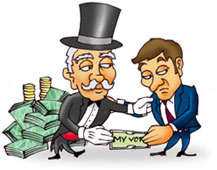
This effort to bring about more comprehensive campaign finance reform began in 1907 when Congress passed the Tillman Act, which prohibited corporations and national banks from contributing money to Federal campaigns. The first Federal campaign disclosure legislation was a 1910 law affecting House elections only.
The Act of Congress was amended in 1974 to place legal limits on the campaign contributions. The amendment also created the Federal Election Commission (FEC).
In 2002, The Bipartisan Campaign Reform Act was fought for by Sen. John McCain and Sen. Russ Feingold. This act prohibited large contributions by wealthy individuals and corporations to national party committees, all of whose receipts were publicly disclosed. But, perversely, the ban on “soft money” left individual and corporate donors free to direct their funds to outside groups, where donations are concealed from public scrutiny.
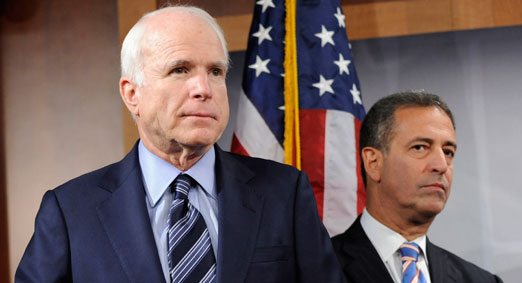
Enthusiasts of McCain-Feingold said the law would restore trust in the political system. Some suggested the parties would “thrive” because they would be forced to rely on small donors. Critics, however, predicted it would precipitate a tectonic shift of political power away from the parties and toward outside groups, which were likely to be far more extreme and far less accountable. These critics were absolutely correct. Interests groups like the NRA and anti-abortion extremists can legally hide the amounts of money given to politicians.
Legal bribery is happening right out in the open in Washington. Political action committees and lobbying is legally bribing politicians.
![Lobbyist vs_ Voter[2]](https://noteatoday.files.wordpress.com/2016/03/lobbyist-vs_-voter2.jpg?w=1000)
PAC’s have been around since the 1940s. Lobbying began in 1830 but was not what it is today. People would stand around and wait to get a word with a politician. Occasionally they would bribe them. In the 1970s is when lobbying became what it is today.
In 2015 3.2 billion dollars was spent on lobbying politicians. The last election in 2014 1.7 billion was spent on PACs. How anyone can think this money is because the banks, corporations, drug companies, and Unions actually like this politician. Anyone could be running, they want a politician that will do what they want. These groups want certain things for their investment. These are the top companies in the country. They have business sense, they are not going to waste money. More often than not the companies will get what they desire.
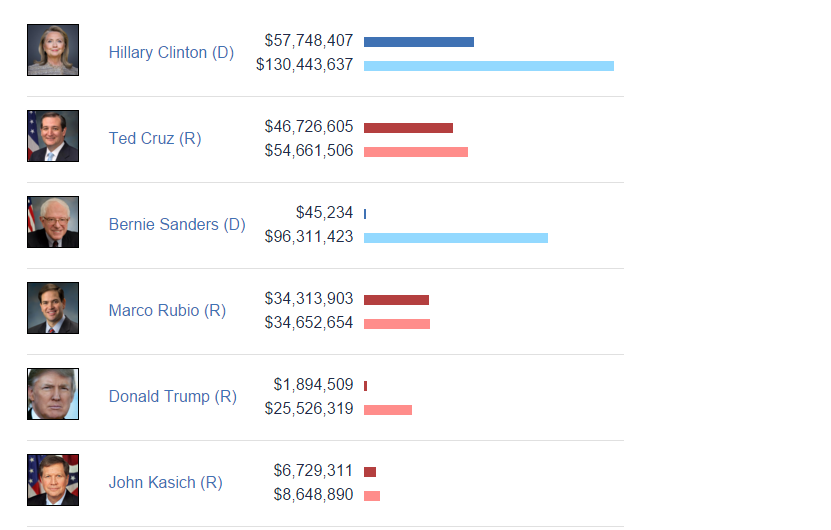
Some will argue that it’s not bribery because there is no guarantee what the politician is going to do you are giving all of this money to. That is partly true, but its still influence which is not done by the people. This is a corporate influence. Corporations have been running the country for an extremely long time.
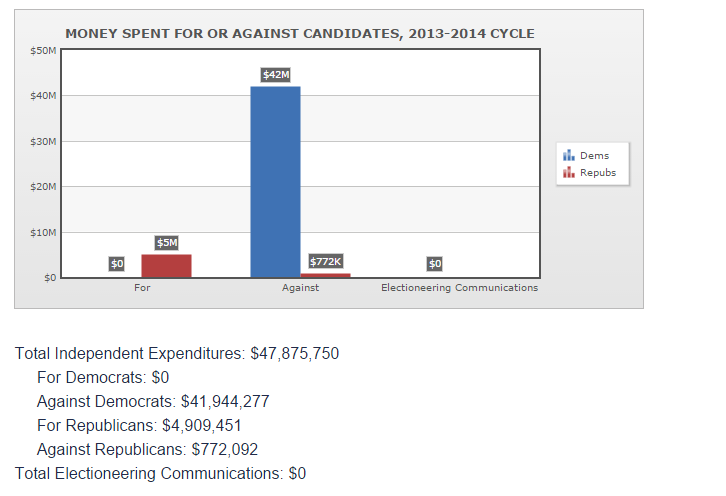
This is not limited to the Republican Party. Hillary Clinton has a SuperPAC as well. When President Obama ran for re-election the amount of money spent was ridiculous. With The Presidents at a whopping 964 million dollars between Mitt Romney and Barack Obama they spent a total of 2 billion dollars.
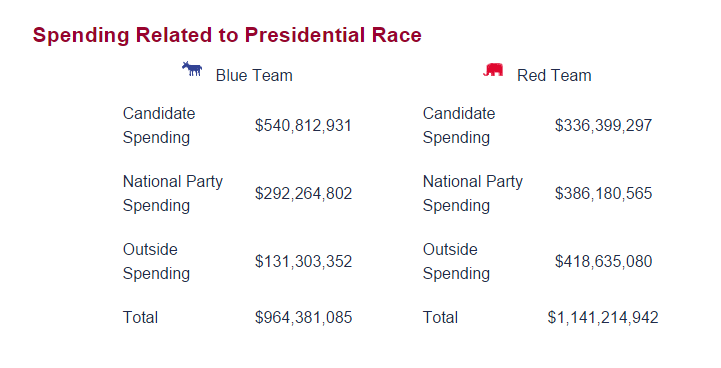
Our political system is beyond repair while donor money is rampant. Why would anyone in Washington fight for this to stop? Power and greed, it’s clear politicians want the money and doing what these interest groups want will keep that money flowing. Have you noticed you never hear politicians mention lobbyists or PACs especially if they’re getting the bulk of the money?
The only Presidential candidate that even has the plan to solve this is Bernie Sanders. I know he would like Citizens United overturned but that is not the only issue. I am hoping he goes one step further and stops any money going into Washington. The people are the only ones that should have the politicians ear. CEOs, banks, hedge fund managers, the NRA, etc. should not.
Stoping bribery will be impossible, but finding bribery to be illegal would be a definite start.
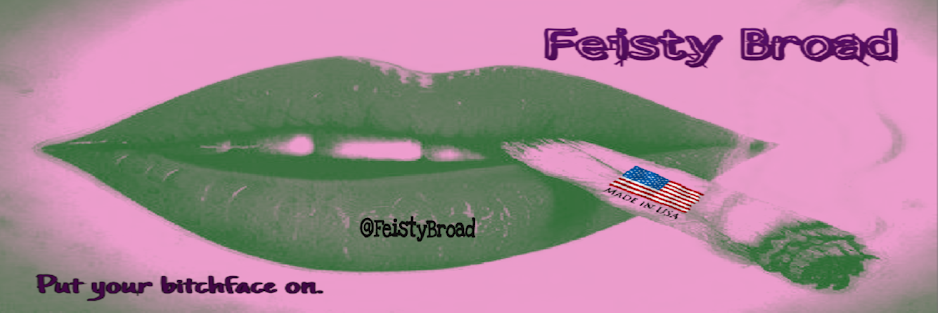
No comments:
Post a Comment